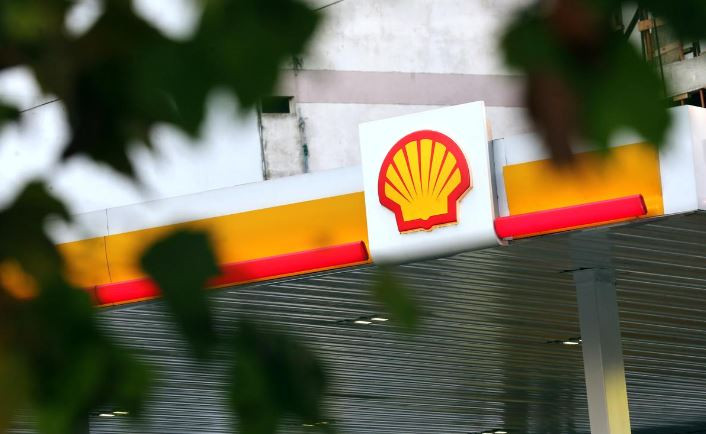Popular Reads
Top Results
Can't find what you're looking for?
View all search resultsPopular Reads
Top Results
Can't find what you're looking for?
View all search resultsOil giant Shell sets sights on sustainable aviation fuel take-off
The company aims to produce 2 million tons of sustainable aviation fuel (SAF) by 2025, a ten-fold increase from today's total global output.
Change text size
Gift Premium Articles
to Anyone
R
oyal Dutch Shell plans to start producing low-carbon jet fuel at scale by 2025, in an attempt to encourage the world's airlines to reduce greenhouse gas emissions.
Aviation, accounting for 3 percent of the world's carbon emissions, is considered one of the toughest sectors to tackle due to a lack of alternative technologies to jet fueled-engines.
Shell, one of the world's largest oil traders, said it aims to produce 2 million tons of sustainable aviation fuel (SAF) by 2025, a ten-fold increase from today's total global output.
Produced from waste cooking oil, plants and animal fats, SAF could cut up to 80 percent of aviation emissions, Shell said.
Shell, which at present only supplies SAF produced by others, including Finnish refiner Neste, said on Monday it wanted green jet fuel, which can be blended with regular aviation fuel with little need to change plane engines, to make up 10 percent of its global aviation fuel sales by 2030.
SAF accounts for less than 0.1 percent of today's global aviation fuel demand, which reached around 330 million tonnes in 2019, investment bank Jefferies said.
Growing the market faces several hurdles, primarily due to the cost of SAF, which is currently up to 8 times higher than regular jet fuel, and the limited availability of feedstock.
Shell said it wants others to follow its lead.
"We also expect other companies to add to it with their own production plants," Anna Mascolo, head of Shell Aviation, told Reuters.
The United States said last week it wants to cut aircraft greenhouse-gas emissions by 20 percent by the end of the decade by significantly boosting SAF usage.
NEW PRODUCTION
Anglo-Dutch shell, which aims to reduce emissions from fuels it sells to net zero by 2050, is in the midst of a large overhaul aimed at producing more low-carbon fuels such as biodiesel and SAF, as well as hydrogen.
Shell plans to build a biofuels processing plant at its Rotterdam refinery with an annual capacity of 820,000 tonnes, with SAF set to make up more than half of the output. The plant is expected to start production in 2024.
In a new report on the decarbonisation of aviation published together with Deloitte, Shell called for the sector to cut its emissions to net zero by 2050.
The International Air Transport Association, representing most of the world's airlines, aims to halve emissions by then.
Reducing emissions to net zero can be achieved by using more low-carbon fuel and offsetting the remaining emissions through carbon credits.
Shell is also developing synthetic aviation fuel made from hydrogen and recycled carbon.
"Sustainable aviation fuel, whether bio SAF or synthetic SAF, remains the single biggest solution," Mascolo said.










